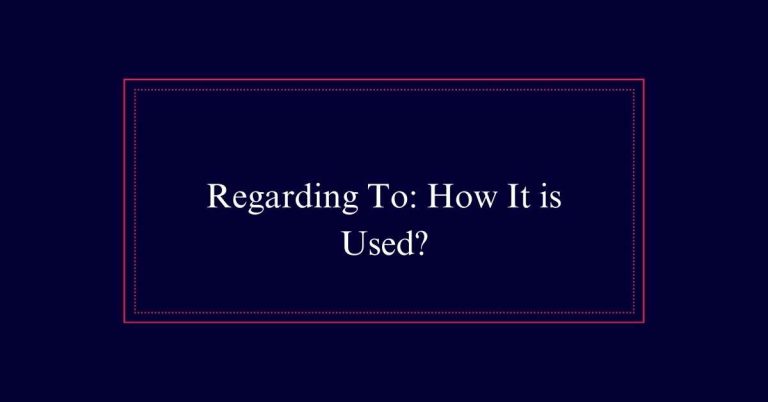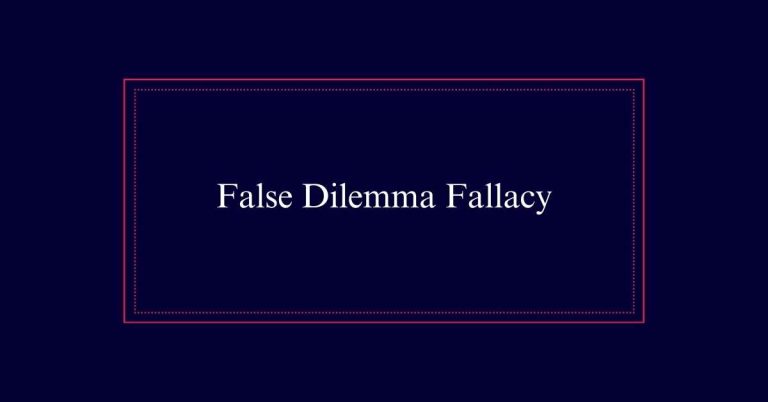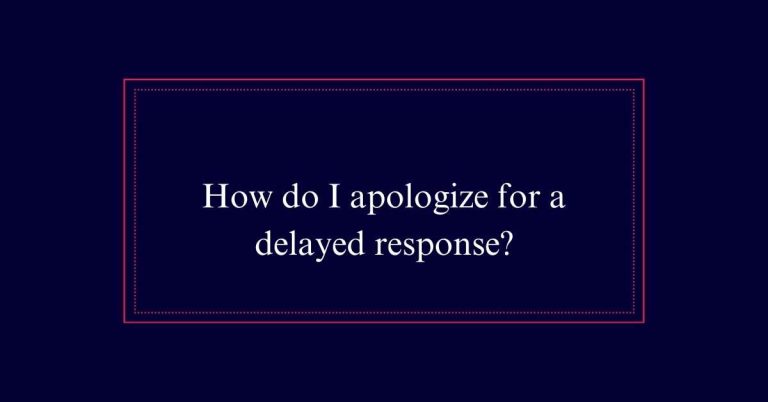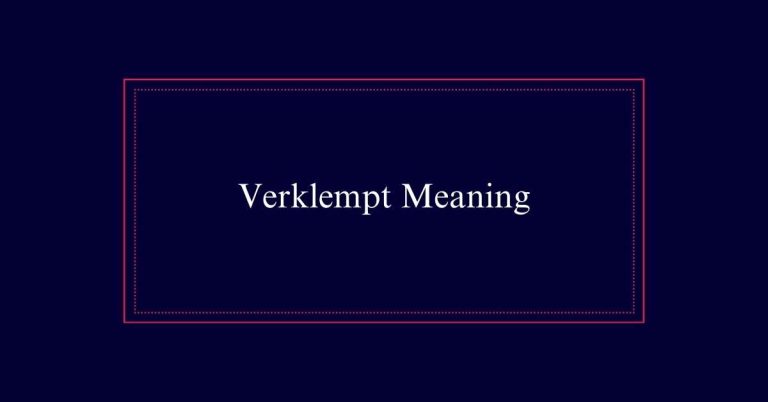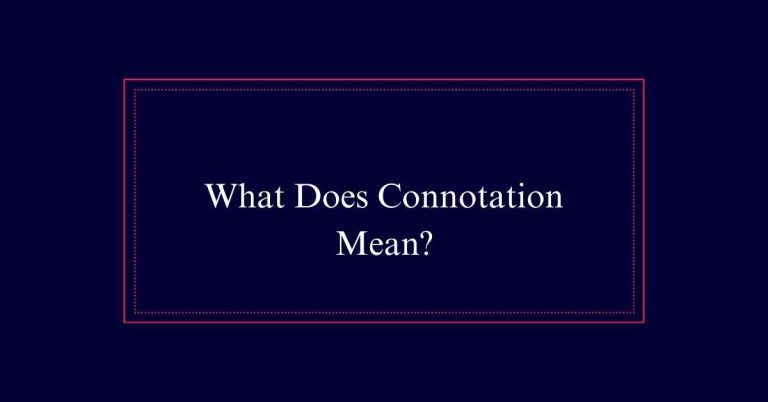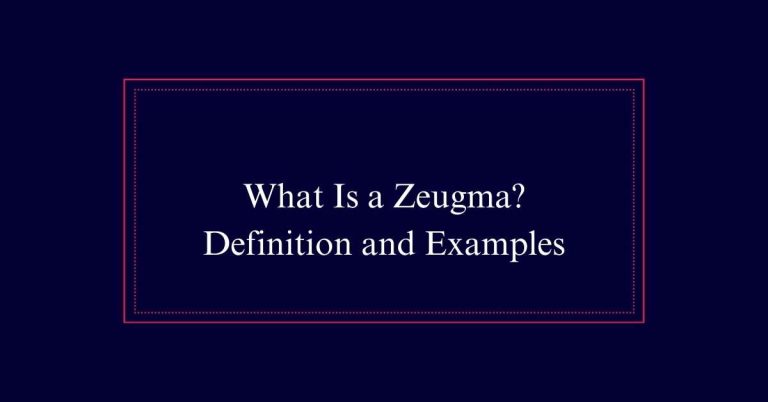Licence Vs. License—Spelling Rules
The difference between ‘licence’ and ‘license’ lies primarily in regional spelling conventions. In American English, ‘license’ serves as both the noun and verb. In British English, ‘license’ is the verb form, while ‘licence’ is used as the noun. For example, Americans say ‘driver’s license’ while the British say ‘driving licence.’ Both spellings mean to grant permission or official documentation.
License as a Verb
When used as a verb, ‘license’ means to grant permission or issue a permit. The spelling remains consistent in both American and British English. Regardless of the region, ‘license’ as a verb carries the same meaning.
For instance, American online publications might write, ‘The city will license new vendors.’ Similarly, British publications may state, ‘The council plans to license more taxis.’ These examples demonstrate the verb’s consistent spelling and usage.
There is no difference in meaning between the American and British use of ‘license’ as a verb. This uniformity in spelling and meaning guarantees clear communication across English-speaking regions.
American Verb Usage
American publications consistently use ‘license’ as the verb form when granting permission or issuing permits. This practice aligns with standard American English spelling rules. For instance, government agencies may license businesses, professionals, or vehicles.
The verb form ‘license’ is utilized in various contexts, such as legal, professional, and recreational. Examples include sentences like, ‘The state will license new drivers after they pass the exam,’ or ‘The city council decided to license food vendors at the festival.’ In each case, ‘license’ indicates the act of giving formal permission.
British Verb Usage
British publications also use ‘license’ as the verb form to indicate granting permission or issuing permits. This usage mirrors the American practice, guaranteeing consistent meaning across English-speaking regions.
Whether in legal contexts or general communication, ‘license’ as a verb remains the same in spelling and application.
- Consistency: ‘License’ as a verb is uniformly spelled in British and American English.
- Application: Used to describe the act of granting permission or issuing a permit.
- Examples: Common in legal documents and official communication.
- Clarity: Guarantees clear and precise communication without regional spelling confusion.
- Uniformity: Aligns with international English usage for verbs.
License as a Noun
The noun form of ‘license’ varies between American and British English. In American English, ‘license’ serves as both the noun and verb. Conversely, British English uses ‘licence’ for the noun, while ‘license’ remains the verb.
The noun ‘license’ or ‘licence’ signifies permission, a permit, or a document indicating qualification. This distinction aids in distinguishing the grammatical function of the word in British English. Examples in American publications consistently use ‘license’ for the noun, such as a driver’s license. In contrast, British publications use ‘licence,’ like in a marriage licence.
American Noun Form
In American English, the noun form of ‘license’ is spelled the same as the verb. This consistency simplifies usage and reduces potential confusion.
The term ‘license’ as a noun often refers to official permission or a document granting such permission. Examples include driver’s licenses, business licenses, and software licenses.
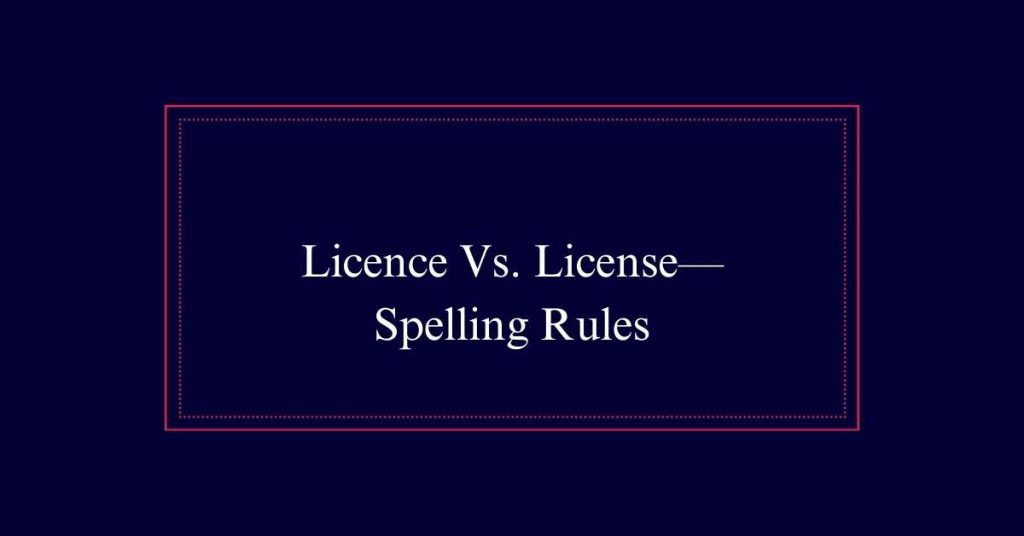
Here are key points about the American noun form of ‘license’:
- Uniform Spelling: ‘License’ is used for both noun and verb forms.
- Common Usage: Frequently seen in legal and administrative contexts.
- Clarity: Simplifies written communication.
- Official Documents: Refers to permits, certifications, and other formal permissions.
- Consistency: Aligns with American English spelling guidelines.
British Noun Form
Unlike American English, British English spells the noun form as ‘licence.’ This spelling distinction is unique to British English and is followed by other Commonwealth countries.
The word ‘licence’ refers to permission or a permit, such as a driver’s licence or a business licence. It is crucial to use the correct form when writing in British English to maintain accuracy and professionalism.
Examples of ‘licence’ in British publications include sentences like, ‘She applied for a driving licence’ or ‘The restaurant’s licence was renewed last month.’ Using ‘licence’ correctly in British English guarantees clear communication and adherence to regional spelling conventions, which is important in formal writing and documentation.
Spelling Rules Overview
How do you master the spelling rules for ‘license’ and ‘licence’ in English? Understanding these rules is important for effective communication.
In American English, ‘license’ serves as both a noun and a verb.
In British English, ‘licence’ is the noun, while ‘license’ remains the verb. This distinction helps maintain clarity and precision in writing.
Here are key points to remember:
- American English: Use ‘license’ for both noun and verb.
- British English: Use ‘licence’ for the noun, ‘license’ for the verb.
- Consistency: Both forms convey the same meaning of permission or authorization.
- Context: Be mindful of your audience’s regional spelling preferences.
- Accuracy: Proper spelling ensures your message is understood correctly.
Global Spelling Differences
The spelling of ‘license’ and ‘licence’ varies across English-speaking countries, reflecting regional linguistic preferences.
In the United States, ‘license’ is used for both noun and verb forms. However, in the United Kingdom, Canada, Australia, New Zealand, and South Africa, ‘licence’ is the preferred spelling for the noun, while ‘license’ remains the choice for the verb.
This distinction helps maintain clarity in written communication. Despite these variations in spelling, the meaning of the word remains consistent. Whether one writes ‘license’ or ‘licence’, the term refers to permission or a permit.
Examples From Various Countries
Publications from various English-speaking countries illustrate the regional spelling differences between ‘license’ and ‘licence’. In the United States, ‘license’ is used for both noun and verb forms. However, other nations follow distinct conventions:
- Canada: Uses ‘licence’ for the noun and ‘license’ for the verb.
- Australia: Follows the British standard with ‘licence’ as the noun.
- United Kingdom: Consistently uses ‘licence’ for the noun and ‘license’ for the verb.
- New Zealand: Adopts the British spelling rules, using ‘licence’ for the noun.
- South Africa: Also employs ‘licence’ as the noun form.
Consistent Meaning Across Forms
Regardless of the spelling, ‘license’ and ‘licence’ both signify permission or authorization. This importance in meaning guarantees effective communication across English-speaking regions.
Whether used in the United States or the United Kingdom, the terms are understood uniformly. The interchangeable use of ‘license’ and ‘licence’ highlights linguistic flexibility.
Despite the spelling variations, the interpretation remains the same, supporting clear understanding. This consistency is essential for maintaining clarity in legal, professional, and everyday contexts.
Knowing the spelling rules helps, but the core idea remains consistent. Therefore, no matter where you are, ‘license’ or ‘licence’ will always mean the same thing: permission granted.
Frequently Asked Questions
How Did the Spelling Differences Between ‘License’ and ‘Licence’ Originate?
The spelling differences between ‘license’ and ‘licence’ originated from British and American English conventions. British English uses ‘licence’ for the noun and ‘license’ for the verb, while American English uses ‘license’ for both forms.
Are There Any Other English Words With Similar Spelling Distinctions?
Yes, other English words with similar spelling distinctions include “practice” (noun) and “practise” (verb) in British English. Another example is “advice” (noun) and “advise” (verb). These variations also maintain consistent meanings.
How Do I Decide Which Spelling to Use in International Documents?
To decide which spelling to use in international documents, consider your audience. Use ‘license’ for American readers and ‘licence’ for British, Canadian, Australian, South African, and New Zealand readers to guarantee clarity and professionalism.
Does the Spelling Difference Affect Legal or Official Documents?
The spelling difference between ‘license’ and ‘licence’ does not impact the meaning in legal or official documents. However, utilizing the appropriate spelling based on the region guarantees clarity and professionalism in international communications.

